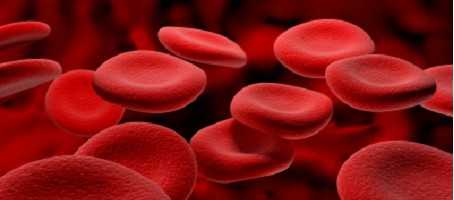Targeting patient-centred diabetes to patients with a HbA1c value of more than 8.5% has the greatest effect, according to researchers in The Netherlands.
Annabelle S. Slingerland, of the Leiden University Medical Center in the Netherlands, and colleagues, conducted a study to determine if patient-centred care would be more effective and cost-effective if it was aimed at diabetic patients within specific HbA1c ranges.
HbA1c refers to glycated haemoglobi, which forms when glucose sticks to haemoglobin molecules in the blood. Measuring HbA1c provides a longer-term (8-12 weeks) average of how high a patient’s blood glucose has been over that period.
For most people with diabetes, an HbA1c level of 6.5% (48 mmol/mol) is considered good blood glucose control and has been shown to lower the risk of developing diabetic complications.
Slingerland and her team randomised 506 patients with type 2 diabetes at 13 hospitals to patient-centred or standard care. Primary outcomes were change in HbA1c and quality-adjusted life years (QALYs), while care costs after 1 year were secondary outcomes of interest.
They found that patient-centred care was most effective and cost-effective in those with a baseline HbA1c reading of >8.5% (69 mmol/mol), compared to those with baseline HbA1c
After one year, patients in the higher HbA1c group saw their longer-term blood glucose level fall by 0.83%.
The researchers concluded that patient-centred care is more valuable when targeted to patients with HbA1c >8.5%, adding the findings support treatment in those with baseline HbA1c between 7% and 8.5% but demonstrate little to no benefit among those with HbA1c below 7%.
What's new on the forum? ⭐️
Get our free newsletters
Stay up to date with the latest news, research and breakthroughs.








